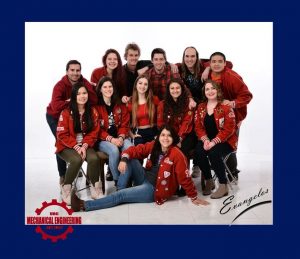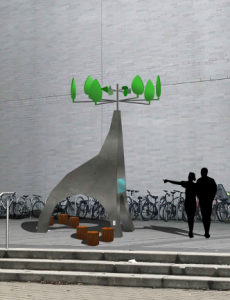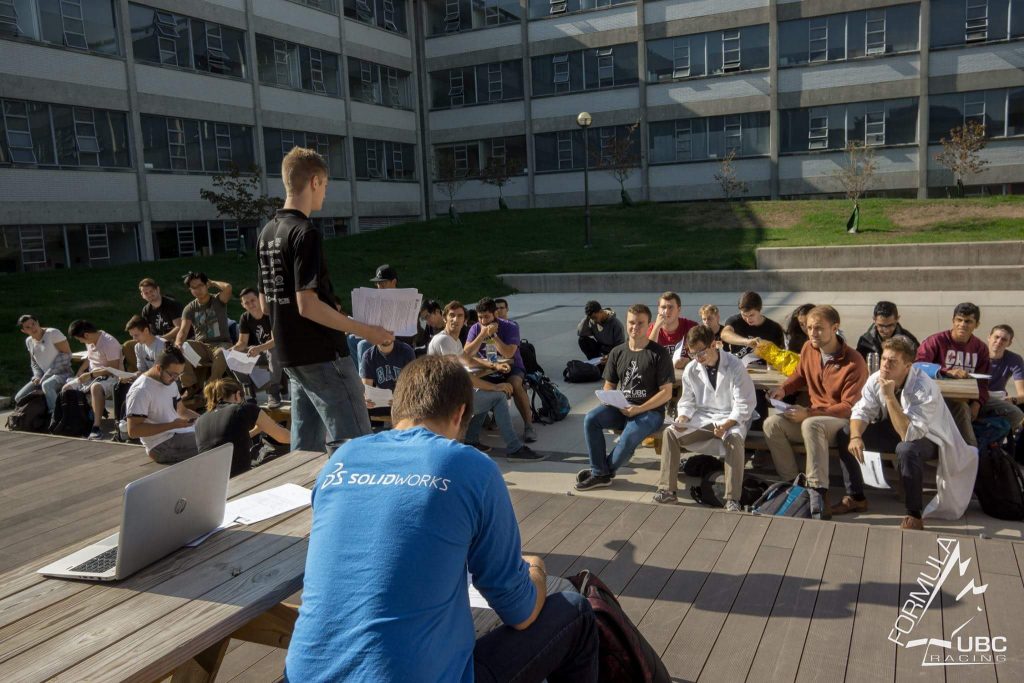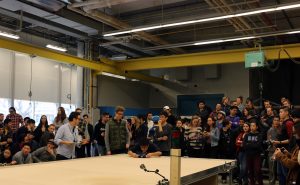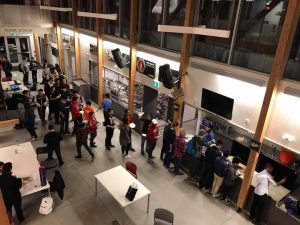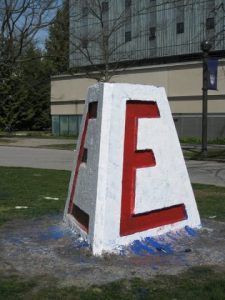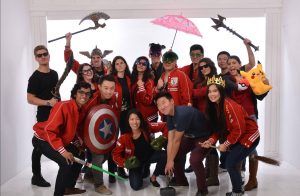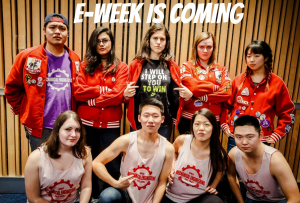Last year, I decided to set goals to help me improve as a person and a professional. I knew that something that has always mattered to me is being able to help and contribute to my Mech community. As such, I decided to run for the position of UBC Mechanical Engineering Undergraduate Club President (Club Mech) and was elected. Since then, I have been trying really hard to improve the connections with the department, help out wherever I can to increase the sense of community within students, and represent our student body as best as I can. It has not been as easy task, as it requires a lot of time commitment in meetings to help resolve student concerns, and volunteer work to develop activities that help our students.
Some of this year’s activities included professional development events related to what Building Science is and how Mechanical Engineers could follow this path by doing a masters, fun parties to socialize, selling amazing merchandise, providing feedback to improve our academic curriculum, helping our graduates obtain their Iron Ring, and giving our professors fun socks to remember us by; what a great time it has been planning these activities with my team!
Despite the long hours, being the Club Mech president has been one of the most amazing and memorable experiences in my undergraduate career, especially because I had an amazing team who was supportive, kind, dedicated and caring. If it wasn’t for them, I would not have been able to push through the hard and stressful moments. I want to say to them that I am thankful for your hard work and I appreciate everything you did. Thank you UBC Mechanical Engineering Department for caring so much about your undergraduate students. You are committed to educating the future engineers of Canada and that shows every day.
If you have the chance, make sure to join Club Mech and continue developing good relationships with faculty, staff and students.
Feel free to ask me any questions any time at ambassadors@mech.ubc.ca.
Until next time!
Diana Nino
